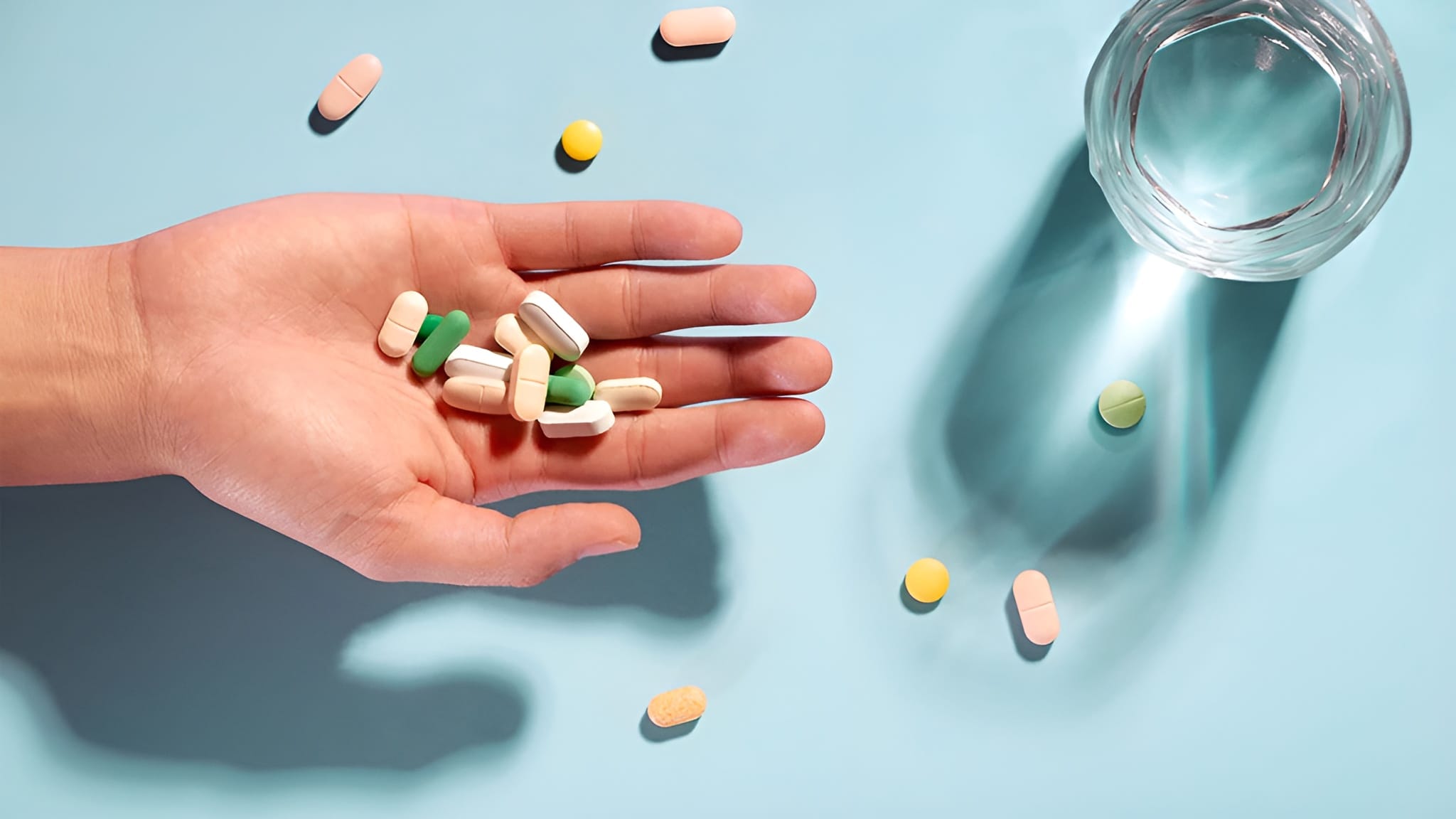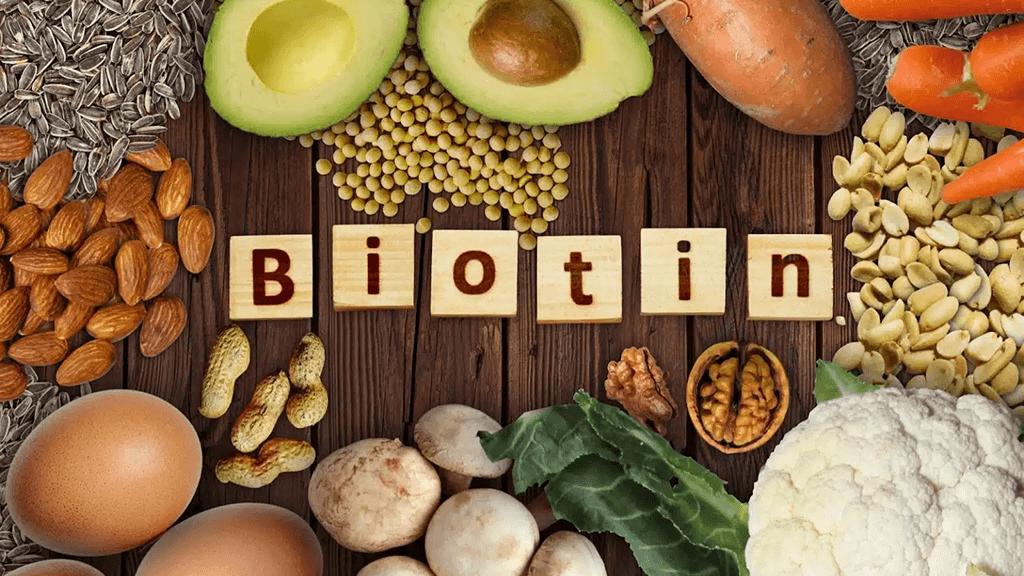Feeling tired and sluggish? You’re not alone. Fatigue is a common complaint in today’s world. While there are many factors that can contribute to low energy levels, one often overlooked culprit is vitamin D deficiency.
Vitamin D, often referred to as the “sunshine vitamin,” is essential for a wide range of bodily functions, including energy production. So, if you’re looking for a natural way to boost your vitality, vitamin D for energy might be the answer.
In fact vitamin D has a prominent place in our vitamins for energy article.
Table of Contents
Vitamin D: More Than Just a Vitamin
Although we often call it a vitamin, vitamin D is actually a hormone—or more accurately, a prohormone that’s converted into a hormone in the body. It plays a crucial role in regulating various processes, including calcium absorption and immune function.
Vitamin D can be considered an immune hormone, read about other immune system supplements.
How Vitamin D Boosts Energy Levels
Vitamin D contributes to increased energy in several ways:
- Mitochondrial Function: Vitamin D enhances the function of mitochondria, the energy-producing powerhouses within your cells.
- Calcium Regulation: Vitamin D helps regulate calcium levels, ensuring that calcium is properly absorbed and utilized for strong bones and healthy muscle function.
The Prevalence of Vitamin D Deficiency
Unfortunately, vitamin D deficiency is incredibly common [1].
- In the UK, about 60% of people are deficient in vitamin D.
- In the US, it’s estimated that around 40% of people are deficient.
- Globally, up to 1 billion people may be deficient in vitamin D [4].
Symptoms of vitamin D deficiency include muscle weakness [3], fatigue, and even cognitive impairment [2].
Vitamin D for a Boost: The Research
Numerous studies have investigated the link between vitamin D and energy levels, and the results are overwhelmingly positive.
- Increased Energy and Alertness: A 2016 study found that vitamin D supplementation led to significant improvements in energy levels and feelings of alertness [5].
- Dopamine Modulation: Vitamin D may play a role in regulating dopamine production in the brain [6][7]. Dopamine is a neurotransmitter associated with motivation, reward, and feelings of pleasure. Low dopamine levels can contribute to fatigue.
- Serotonin Support: Vitamin D is also linked to the serotonin system in the brain, which regulates mood [8]. Like dopamine, low serotonin levels can lead to fatigue and depression [9][10]. A year-long study found that vitamin D supplementation significantly reduced depression symptoms in participants [11].
- For a broader wellness approach, adaptogenic support for calm energy with Ashwagandha can complement vitamin D by reducing stress-related fatigue and supporting balanced mood.
- Fatigue Relief: Even a single high dose of vitamin D (100,000 IU) has been shown to provide significant relief from fatigue [12].
When it comes to mind and mood, vitamin D plays a crucial role. Yet, there are other very important vitamins for energy and depression.
Optimizing Your Vitamin D Levels
There are three primary ways to increase your vitamin D levels:
1. Sunlight Exposure
As the “sunshine vitamin,” the best way to boost your vitamin D levels is through safe sun exposure.
- Duration: Aim for 15-20 minutes of sun exposure 3 times a week.
- UVB Rays: Your body needs UVB rays to produce vitamin D. The amount of UVB exposure needed varies depending on your skin tone, location, and the time of year.
2. Dietary Sources
Include vitamin D-rich foods in your diet:
- Fatty fish (salmon, tuna, mackerel)
- Eggs
- Fortified milk, yogurt, and orange juice
- Certain fortified cereals
Since vitamin D is fat-soluble, pairing it with healthy fats or supplements like Omega-3s for fat-soluble synergy can improve absorption and deliver complementary cardiovascular support.
3. Vitamin D Supplementation
Vitamin D supplements are a convenient way to ensure you’re meeting your needs, especially during winter months or if you have limited sun exposure.
- Dosage: A typical dosage for adults is 400-600 IU per day. If you’re looking for a therapeutic boost, consult your doctor about higher doses (1000-4000 IU).
Boost Your Life with Vitamin D
If you’re feeling tired and run down, don’t underestimate the power of vitamin D for energy. Optimize your vitamin D levels through safe sun exposure, a healthy diet, and supplementation to experience the revitalizing effects of this essential nutrient.
Little known fact, vitamin D is actually great for boosting circulation and supporting the cardiovascular system. Read more about that on our vitamins for blood circulation article.
FAQ
Yes—correcting low D can improve mitochondrial function, muscle performance, and mood, which often shows up as better daily energy.
General daily use is 400–600 IU (as you noted). Many adults use 1,000–2,000 IU; some go up to 4,000 IU with a clinician’s OK. If you’ve been deficient, test and tailor.
If you’re low, expect 2–4 weeks of consistent dosing to notice steadier energy/mood; bigger changes can take 6–8 weeks as levels normalize.
Take D3 with a meal that has fat. Pairing with magnesium can support D metabolism; omega-3s play nicely for anti-inflammatory balance.
Check with your clinician if you’re pregnant/nursing, have kidney disease, sarcoidosis, hyperparathyroidism, take certain meds (e.g., steroids, orlistat), or plan high-dose/bolus protocols. A 25(OH)D lab test helps personalize dosing.
Cites and Sources
No Citations
Show Citations
[1] - Holick, M. F. (2007). Vitamin D deficiency. New England Journal of Medicine, 357(3), 266–281. https://doi.org/10.1056/nejmra070553
[2] - Knutsen, K. V., Brekke, M., Gjelstad, S., & Lagerløv, P. (2010). Vitamin D status in patients with musculoskeletal pain, fatigue and headache: A cross-sectional descriptive study in a multi-ethnic general practice in Norway. Scandinavian Journal of Primary Health Care, 28(3), 166–171. https://doi.org/10.3109/02813432.2010.505407
[3] - Bischoff-Ferrari, H. A. (2011). Relevance of vitamin D in muscle health. Reviews in Endocrine and Metabolic Disorders, 13(1), 71–77. https://doi.org/10.1007/s11154-011-9200-6
[4] - Vacek, J. L., Vanga, S. R., Good, M., Lai, S. M., Lakkireddy, D., & Howard, P. A. (2011). Vitamin D deficiency and supplementation and relation to cardiovascular health. The American Journal of Cardiology, 109(3), 359–363. https://doi.org/10.1016/j.amjcard.2011.09.020
[5] - Nowak, A., Boesch, L., Andres, E., Battegay, E., Hornemann, T., Schmid, C., Bischoff-Ferrari, H. A., Suter, P. M., & Krayenbuehl, P. (2016). Effect of vitamin D3 on self-perceived fatigue. Medicine, 95(52), e5353. https://doi.org/10.1097/md.0000000000005353
[6] - Dobryakova, E., Genova, H. M., DeLuca, J., & Wylie, G. R. (2015). The dopamine imbalance hypothesis of fatigue in multiple sclerosis and other neurological disorders. Frontiers in Neurology, 6. https://doi.org/10.3389/fneur.2015.00052
[7] - Bouillon, R., Bischoff-Ferrari, H., & Willett, W. (2008). Vitamin D and health: Perspectives from Mice and man. Journal of Bone and Mineral Research, 23(7), 974–979. https://doi.org/10.1359/jbmr.080420
[8] - Kaneko, I., Sabir, M. S., Dussik, C. M., Whitfield, G. K., Karrys, A., Hsieh, J., Haussler, M. R., Meyer, M. B., Pike, J. W., & Jurutka, P. W. (2015). 1,25-Dihydroxyvitamin D regulates expression of the tryptophan hydroxylase 2 and leptin genes: implication for behavioral influences of vitamin D. The FASEB Journal, 29(9), 4023–4035. https://doi.org/10.1096/fj.14-269811
[9] - Yamamoto, S., Ouchi, Y., Onoe, H., Yoshikawa, E., Tsukada, H., Takahashi, H., Iwase, M., Yamaguti, K., Kuratsune, H., & Watanabe, Y. (2004). Reduction of serotonin transporters of patients with chronic fatigue syndrome. Neuroreport, 15(17), 2571–2574. https://doi.org/10.1097/00001756-200412030-00002
[10] - Goldman, L. (2023, October 24). What is depression and what can I do about it? https://www.medicalnewstoday.com/articles/8933
[11] - Nair, R., & Maseeh, A. (2012). Vitamin D: The “sunshine” vitamin. PubMed. https://doi.org/10.4103/0976-500x.95506
[12] - Cale Li, M. (2021, April 30). Vitamin D 5000 IU: Do you need the extra strength supplement?. Ro. https://ro.co/supplements/vitamin-d-5000-iu/




